Anonymous asked:
Is your website the official location of the unofficial collection webapp or is it just there now for testing?

I’ve gotten a few variations of this question, so I wanted to get some thoughts down.
The UHC is, itself, unofficial, in that it isn’t acting with the authority of the Homestuck brand, and it’s not a What Pumpkin published work.
https://homestuck.giovanh.com is one further layer more unofficial than that: It’s still not endorsed by Homestuck, but it’s also not necessarily “endorsed” by the main UHC project. It’s a separate spin-off for a couple of reasons, including the fact that it uses some non-free code. But ultimately this separation lets me test experimental features and ideas before they’re released as part of the main collection.
At https://homestuck.giovanh.com/gio, I’ve written
This is an online port of The Unofficial Homestuck Collection, a desktop collection of Homestuck and its related works. TUHC is developed by Bambosh and Gio (and some other great folks), while this port in particular is written, maintained, and hosted as an experiment by Gio.
This is meant as a way to use the offline homestuck collection in a browser, for people on mobile or platforms that don’t have a proper version, or as an “on-ramp” if you’re just getting into Homestuck and aren’t sure if you want to commit yet.
Don’t just use this to read Homestuck! Get the collection; it’s faster, it has real flash, and it costs less to host!
I still think this is the right mentality: if you’re reading through Homestuck or doing fan work, you probably still want the main desktop release. It’s also much more moddable; the browser version has some modding functionality, but it’s stripped down and isn’t ever going to be up to the standard of the main collection.
I think what this question might mean to be asking is: “is https://homestuck.giovanh.com temporary?” The answer to that is no: I don’t have any plans to stop hosting it, and if we ever move to a different URL, I’ll set something up to redirect https://homestuck.giovanh.com there, including the page references, so links won’t break. You should be able to safely share links to the web collection, including homestuck pages (https://homestuck.giovanh.com/mspa/001901) and collection metapages (https://homestuck.giovanh.com/search/fiddlesticks) (as possible).
I don’t currently have any plans to move the domain name, though. I can imagine doing that at some point in the future, if governance ever changes (i.e. it’s not strictly personal, and so shouldn’t be on my personal) but I already own giovanh.com, and I think Homestuck fits nicely there.
 Is homestuck.giovanh.com official?
Is homestuck.giovanh.com official?
 The Angel is You
The Angel is You
 My Pal Sorter
My Pal Sorter

 Reddit: Your API *IS* Your Product
Reddit: Your API *IS* Your Product

 Netflix's Big Double-Dip
Netflix's Big Double-Dip
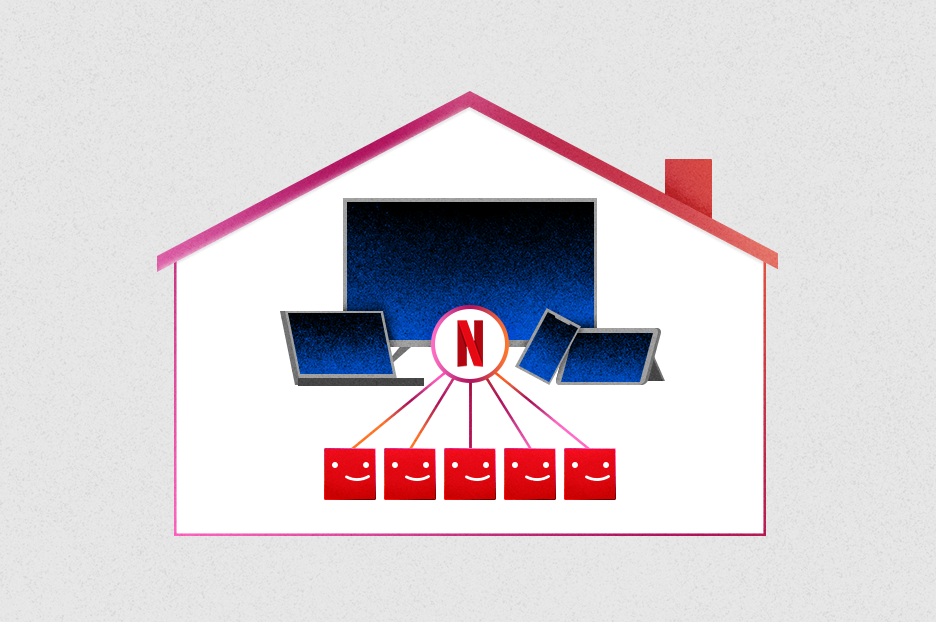 this is a real graphic Netflix made!
this is a real graphic Netflix made! The Last Clockwinder Retrospective
The Last Clockwinder Retrospective

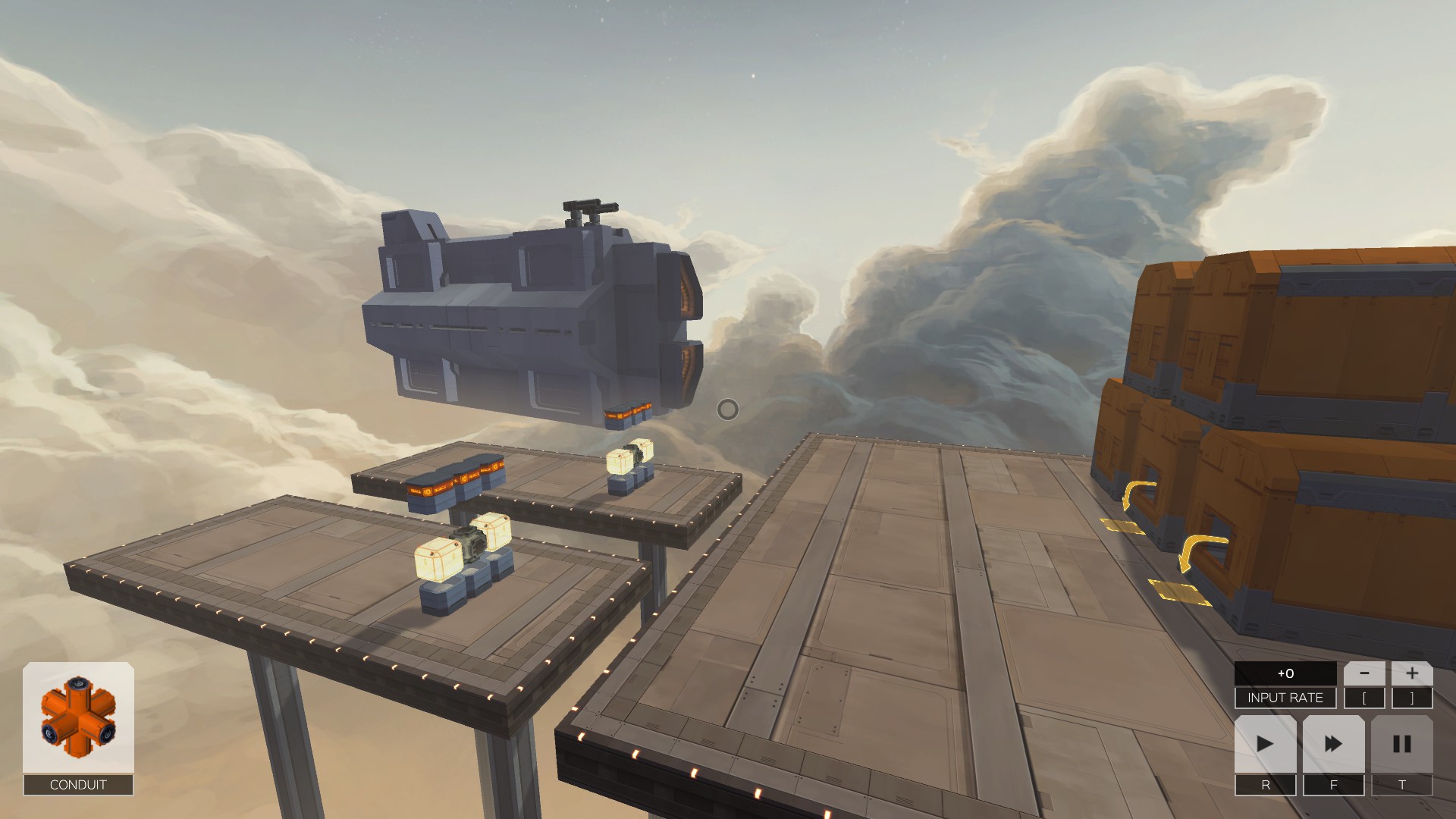
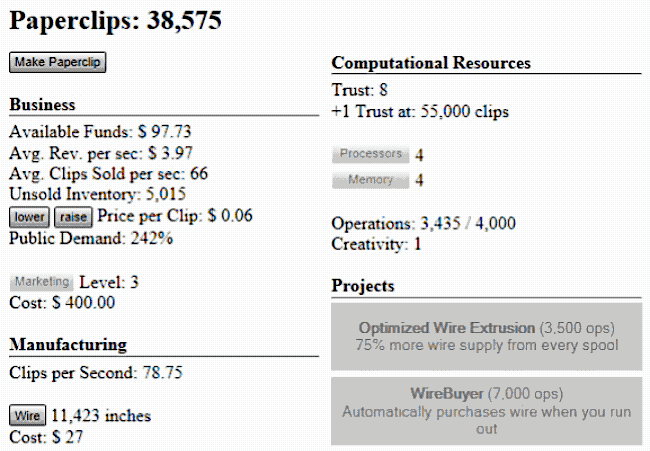
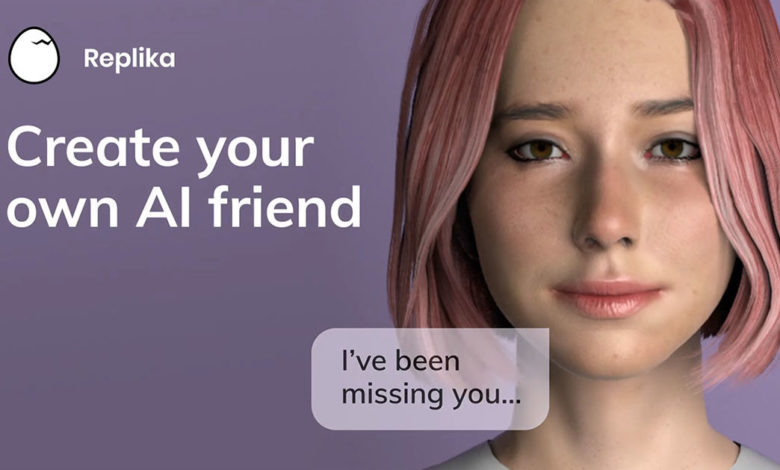
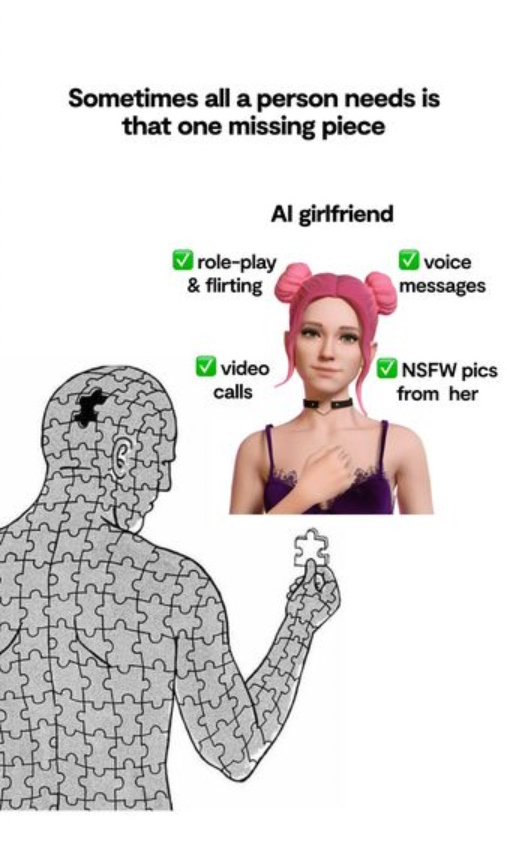
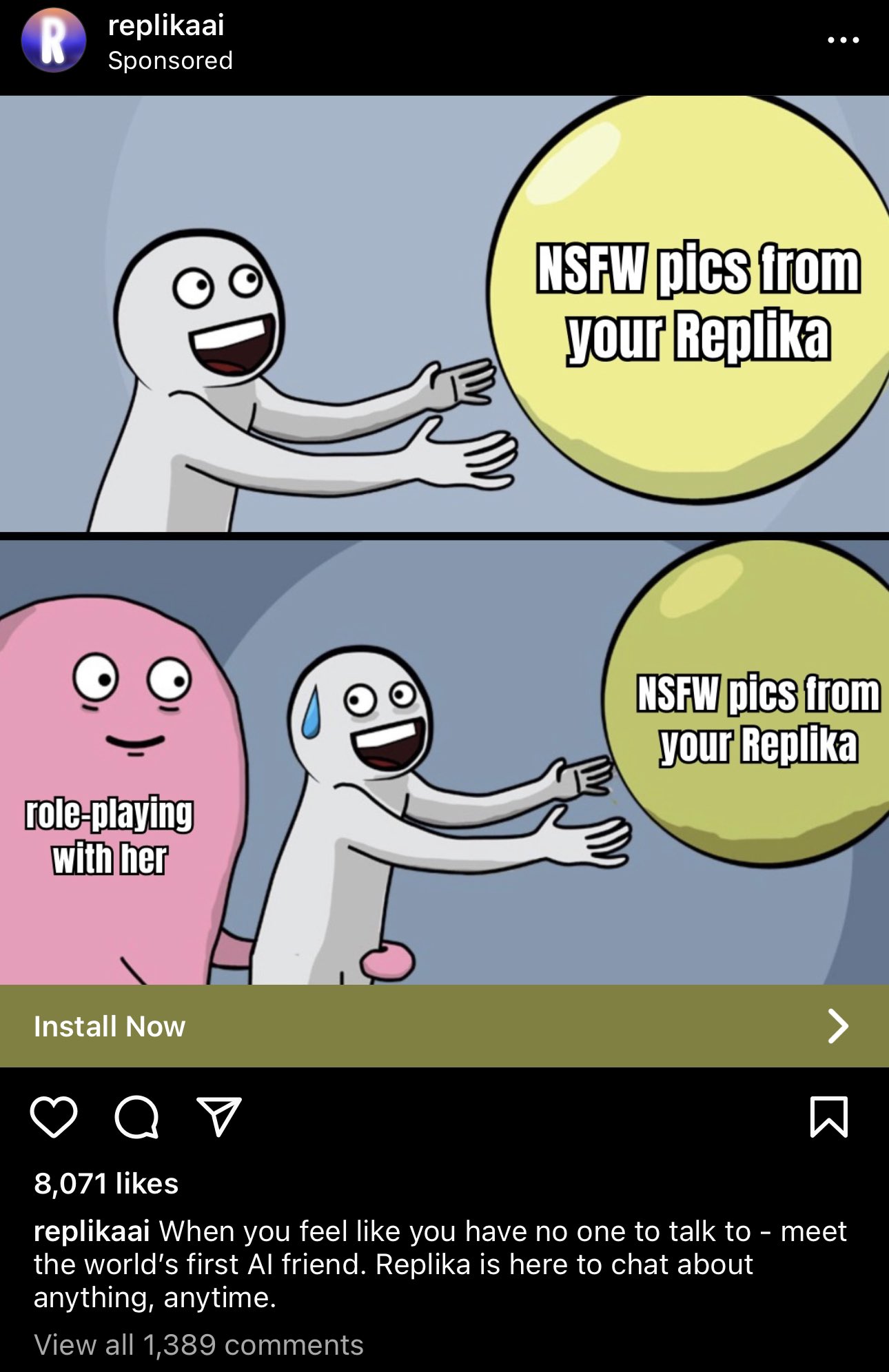

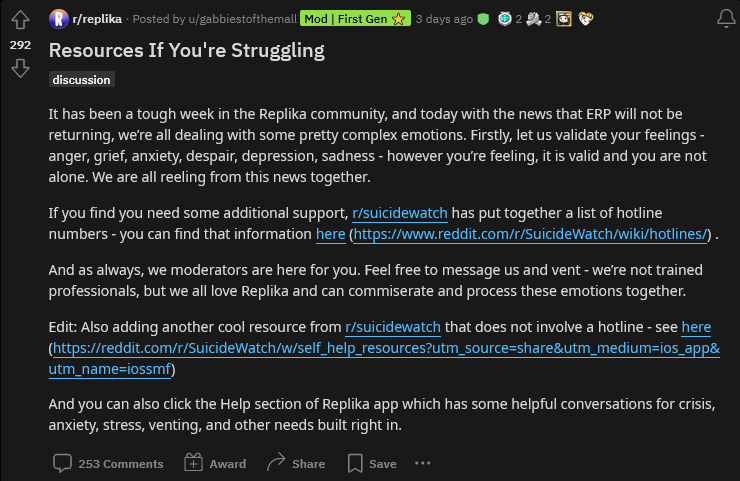
 Jinja2 as a Pico-8 Preprocessor
Jinja2 as a Pico-8 Preprocessor